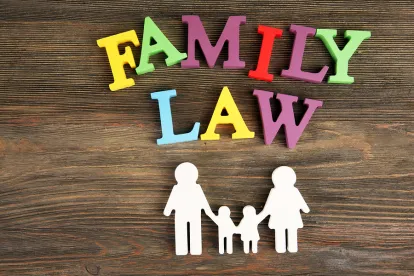On December 1, 2019, New Jersey’s Child Victim’s Act went into effect. This new law opens a two-year “revival” period for individuals to assert civil claims of child abuse and to file claims against institutions and individuals, even if those claims had already expired and/or were dismissed because they were filed late. Additionally, the new law also expands the statute of limitations for victims to bring claims of child sexual abuse to age 55 or until seven years from the time that an alleged victim became aware of his/her injury, whichever comes later. Unlike other jurisdictions that have passed similar legislation, the New Jersey Child Victims Act limits suits to individual claims, and bars class action suits. Similarly, settlements of claims under the Act on a class basis are deemed against public policy.
Notably, 46 new cases were filed in the first minute of the revival period, with hundreds more geared up for filing in the upcoming weeks and months.
The New Jersey law is one of many other similar laws that have been enacted across the country. The New Jersey Child Victims Act follows the New York Child Victims Act that opened a one-year revival period on August 14, 2019. California also passed a New Child Victim’s Act that will open a three-year revival period beginning January 1, 2020. The rationale behind all of these new Child Victims Acts is that children are often prevented from disclosing abuse due to the social, psychological and emotional trauma they experience, and that they do not disclose the abuse until later in life.
With this new law in effect, New Jersey non-profit organizations and public entities which had historically been immune are now exposed to retroactive liability for claims of negligent acts.
Institutional Changes Following the New Jersey Child Victim’s Act
Religious, educational and other institutions that are committed to caring for and providing a safe environment for children, should be thinking about how they can implement safeguards against child abuse within their institutions. An important step is keeping internal lines of communication with staff and families open, as well as educating staff and leadership as to their reporting obligations under New Jersey law and on how to provide appropriate support if child abuse is suspected. Institutions should also be aware that individuals can now threaten to litigate alleged incidents from many years ago – and should be prepared to attempt to defend against such threatened claims by reasonably preserving documents and preparing for insurance challenges ahead as enforcement of the new law takes shape.





 />i
/>i

